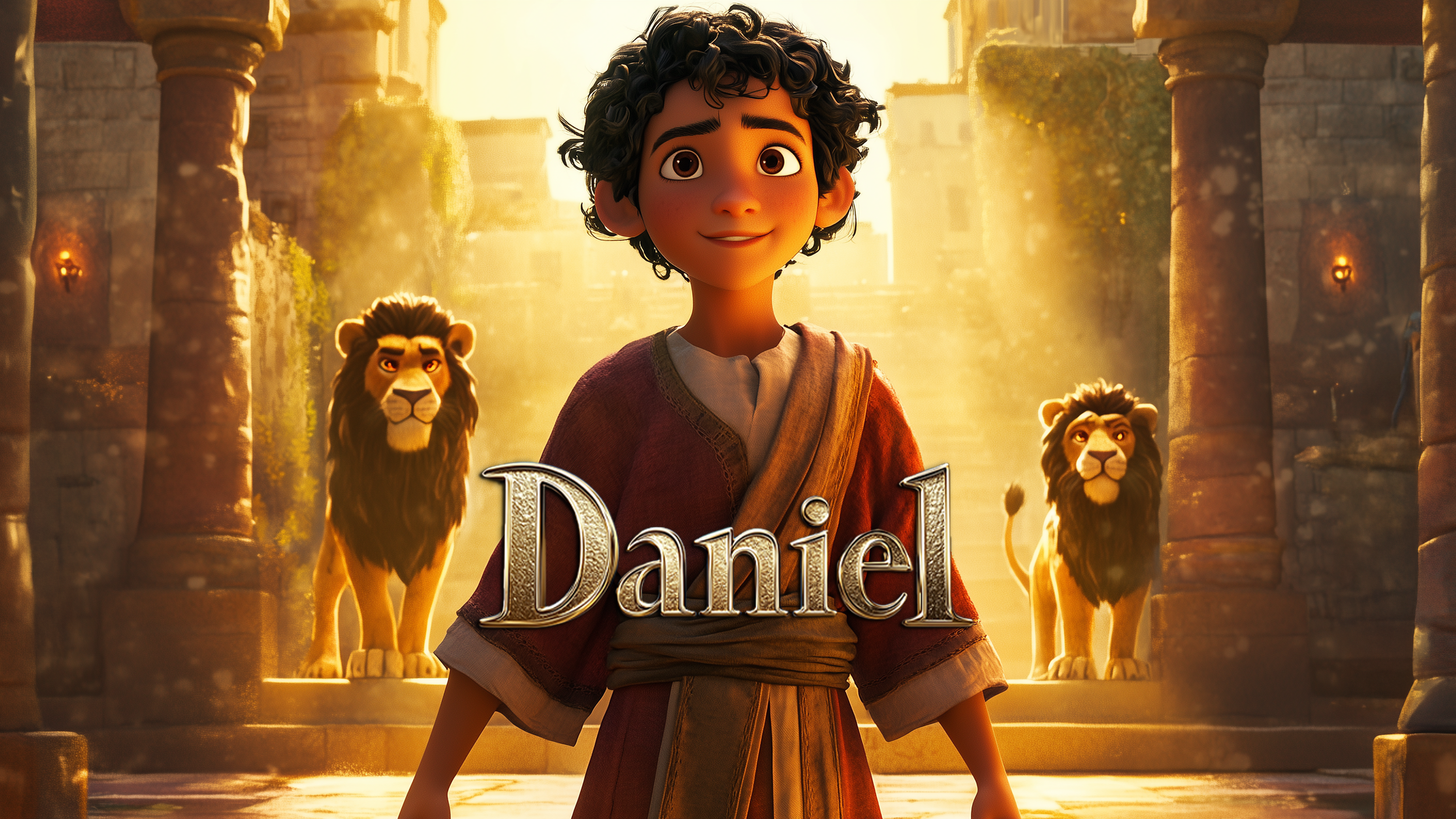Even If He Doesn’t
READ
In an attempt to unify his people together with the foreign captives who’d recently come under his rule, King Nebuchadnezzar made a shrewd political decision. He demanded that everyone in Babylon—regardless of their past religious or national identity—bow before a golden statue whenever his musical ensemble began to play. Nebuchadnezzar knew that dictating who the people worshiped meant he’d control their hearts and affections.
The consequences for disobeying the King’s decree were fatal: anyone who refused to worship the idol were to be thrown into a flaming furnace. But despite the threat of dying an excruciating death, three of David’s closest friends—Shadrach, Meshach, and Abednego—remained loyal to God. They refused to bow down to Nebuchadnezzar’s statue, even when given an opportunity to recant. They stood confident in God’s ability to save them from the King’s brutality.
However, their faith in God was not predicated upon whether or not He delivered them. Though He ultimately spared them from the fire, they chose to trust God before they knew the outcome. Regardless of whether He decided to save them from persecution, they chose to worship the One True God and believe in His goodness.
Let’s take a moment to read Daniel 3:16-18:
Shadrach, Meshach, and Abednego replied, “O Nebuchadnezzar, we do not need to defend ourselves before you. If we are thrown into the blazing furnace, the God whom we serve is able to save us. He will rescue us from your power, Your Majesty. But even if he doesn’t, we want to make it clear to you, Your Majesty, that we will never serve your gods or worship the gold statue you have set up.”
REFLECT
We renounce God and bow down to idols daily. Oftentimes, all we stand to “lose” when we worship God is our comfort, convenience, or sense of control—not our lives. But despite the relatively low stakes, we often choose ease and short-term gratification over obeying the Living God. We choose thirty extra minutes of sleep over time in His Word. We choose to work overtime rather than invest in our relationships with family or friends. We choose to numb ourselves with substances, food, or exercise instead of bringing our difficult emotions to the God Who cares for us. In short, we allow our idols to have authority over us that only God deserves to have.
Shadrach, Meschach, and Abednego were not immune to the temptation to worship idols. They were offered the opportunity to allow their fear to control them, to let their instinct for self-preservation become their god. All they had to do was bow down to Nebucchadnezzar’s statue. They could’ve easily made excuses, claiming they weren’t worshiping the idol in their hearts, but only in their posture. But because of God’s grace and power—not because of their own greatness—they were given the courage to obey Him, even when they stood to lose their lives. Shadrach, Meschach, and Abednego’s faith is not meant to make us feel insecure or ashamed about our own allegiance to God. Rather, it should inspire and empower us.
More than that, their story should remind us that though we constantly fail to obey God—especially when the stakes are high—Jesus didn’t. Jesus faithfully obeyed His Father’s commands, even when it meant He’d endure torture and crucifixion. He remained loyal to God, and because of His faith, our faithlessness is covered and forgiven. Our idolatry no longer has the power to separate us from God’s love. This doesn’t mean we shouldn’t fight to worship God alone. It means our failure no longer determines our eternal destination.
Shadrach, Meschach, and Abednego’s encounter with the King reveals another essential theological truth: we are called to trust in God, independent of our circumstances. It is easy to say that we love God when our lives are easy—but genuine faith is forged in times of difficulty. God is most glorified when we decide to devote ourselves to Him, even when His will isn’t going our way.
When we are walking through the valley, we can pray that God would give us the power to worship Him, even if He doesn’t answer our prayers. It is easier said than done, but we must worship God always—even when we face persecution, illness, betrayal, financial ruin, or rejection. We must trust that God’s character is constant, even when our circumstances aren’t. God is good and worthy of our praise, whether we prosper or we die.
His goodness is not reliant upon the ease of our situation. His goodness is proven by the cross. Even when we cannot find evidence for His goodness in our circumstances, His love is evident in His inexhaustible grace, mercy, justice, and power.
RESPOND
Take a moment to process what God might be leading you to do in light of what you read.
Is your obedience to God predicated upon your circumstances?
How can you worship Him even when He doesn’t grant you the deliverance you’ve prayed for?
REST
Take a moment to rest in God’s presence and consider one thing you can take away from your time reading, then close your devotional experience by praying:
Lord of deliverance, thank You for being mighty to save! In Your grace, help me to trust in Your goodness and power, even when You don’t free me from persecution or trials. Remind me that You deserve all of my praise, no matter what my circumstances look like. Lord, remind me that though You may not change what’s going on in my life, You are faithfully walking alongside me in the struggle. You care, and You will never leave me alone in the pain and discomfort. I love You and I thank You. Amen.
Port City writer Kate Redenbaugh wrote today’s devotional.

